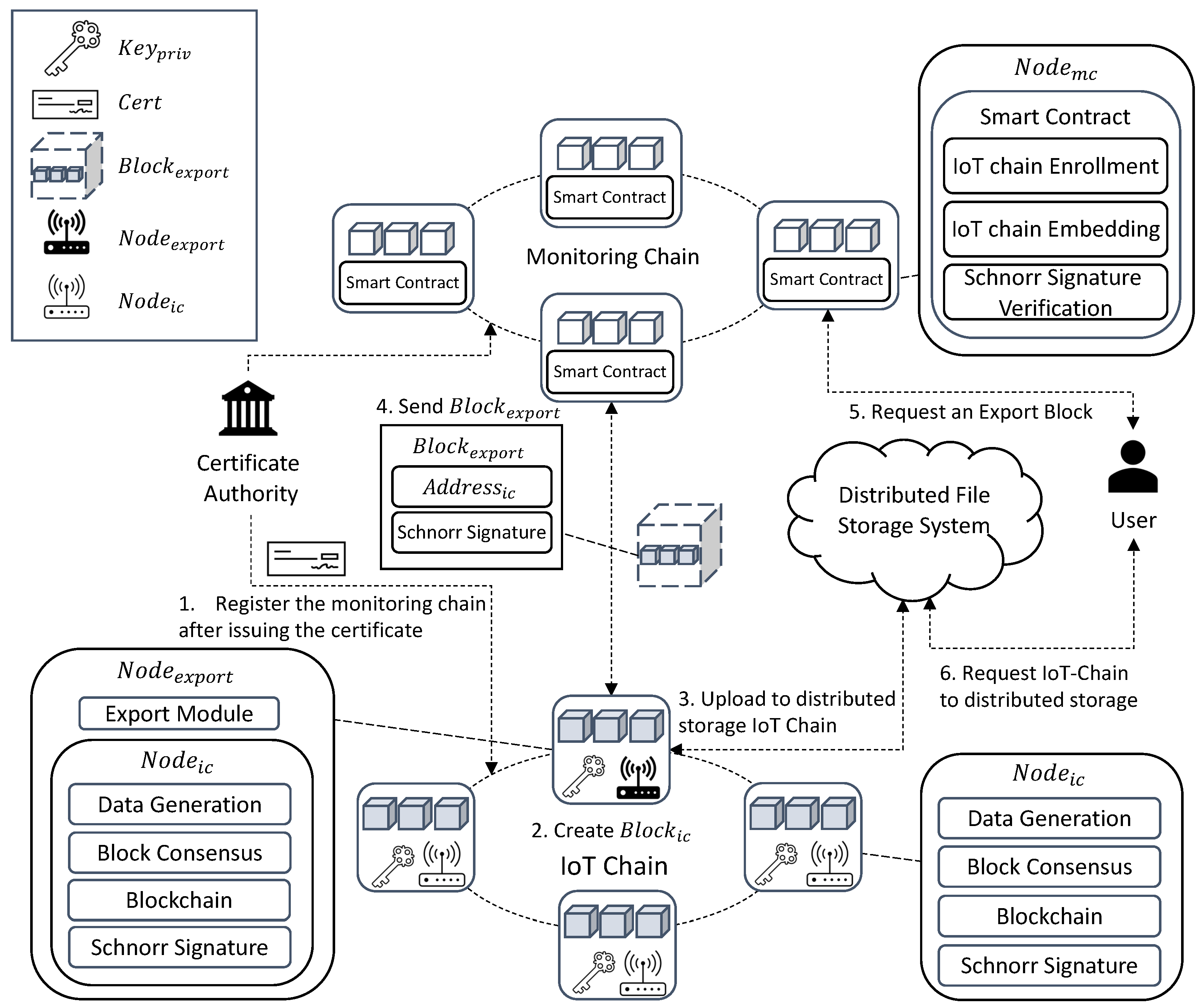
In the United States, healthcare is one of the most expensive and complex industries globally. The costs are due to various factors – from Medicare and Medicaid to health insurance premiums and care for the elderly. But with the advent of Fin-Tech, there is a new way to manage healthcare costs: through blockchain technology. Below are ways in which fin-tech has transformed the healthcare sector.
1. Healthcare Startups
Startup entrepreneurs have set up companies that use Blockchain technology to disrupt various sectors. Now they’re coming together to build another startup – the first Blockchain-based company dedicated to providing health data.
2. Health Records on Hyperledger Fabric
The Linux Foundation created Fabric by IBM as an open-source codebase for private networks running the Hyperledger protocol. This year it launched the MedRec project (Medical Records), collaborating with Intel and Fujitsu Laboratories. Intel says the idea is to share medical records among hospitals securely. Fujitsu says its goal is to create a distributed ledger system to store patient medical records back to their sources.
3. SelfHeal – A Decentralized Patient Care Platform Built On Ethereum
SelfHeal is building an entire ecosystem that gives patients easy access to their health data around the globe. To achieve this, the team has built a decentralized platform that uses blockchain technology and automated smart contracts to provide transparency into what happens when healthcare providers interact with pharmaceutical manufacturers while giving them all access to their shared patient database. Within the SelfHeal app, users will see their data, such as vitals like blood pressure, glucose levels, and other measurements recorded anywhere at any time. With over 100 million individual patients, SelfHeal hopes to improve communication and lower doctor visit times.
4. Immutability Of Data via Time Stamping and Hash Chains
Blockchain applications have used cryptography to secure transactions, but new research provides immutable proof – using hash chains instead. In this approach, data is secured using multiple hashes chained together. As long as you don’t corrupt or lose track of the text, the record remains unchangeable – meaning that even if your computer hard drive dies, the data remains safe. Researchers at Cornell University believe that this could lead to better security in banking, government, healthcare, supply chain management, and more. They’re also confident that the concept can scale to hundreds of millions of records, potentially solving big problems for society’s large corporations.
5. BlockChain For Personalized Medicine
Blockchain has great potential to help researchers save lives and discover answers about human health. It allows doctors and scientists to collate real-time data about diseases, symptoms, and treatments. It helps prevent errors, fraud, and mistreatment of patients and makes sure that funds go only where they are meant. Recently, two startups raised $24.8M to make personalized medicine a reality.
Dil Bole Oberoi





